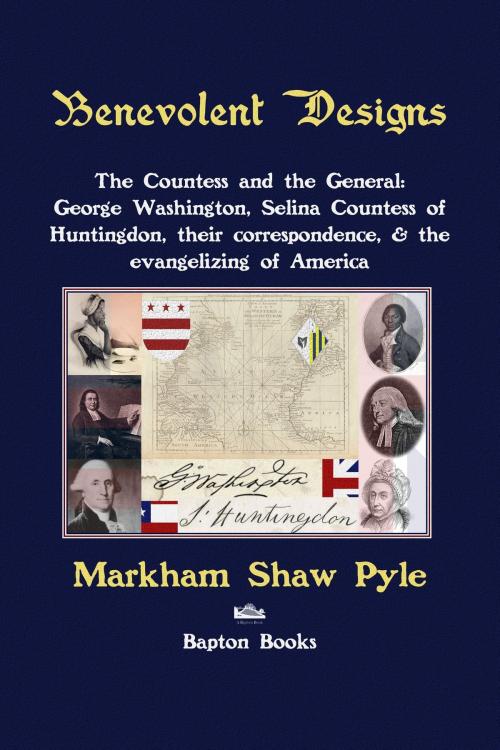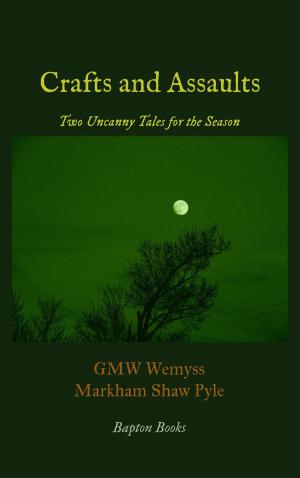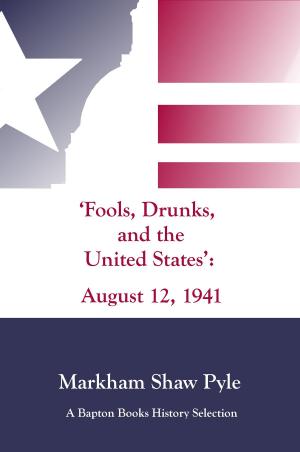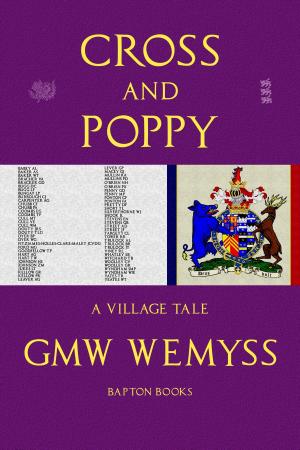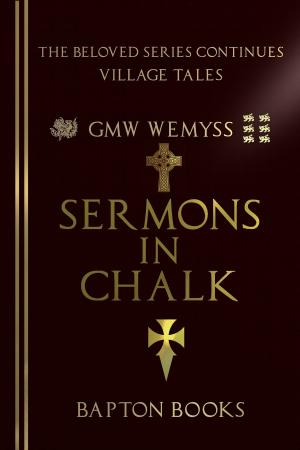Benevolent Designs: The Countess and the General: George Washington, Selina Countess of Huntingdon, their correspondence, & the evangelizing of America
Nonfiction, History, Americas, United States, Revolutionary Period (1775-1800)| Author: | Markham Pyle | ISBN: | 9781301002030 |
| Publisher: | Bapton Books | Publication: | July 1, 2013 |
| Imprint: | Smashwords Edition | Language: | English |
| Author: | Markham Pyle |
| ISBN: | 9781301002030 |
| Publisher: | Bapton Books |
| Publication: | July 1, 2013 |
| Imprint: | Smashwords Edition |
| Language: | English |
Lady Selina Shirley was the daughter of Washington Shirley, second earl Ferrers; she married Theophilus Hastings, ninth earl of Huntingdon. As Selina, countess of Huntingdon, she became the patroness of the evangelicals in – and out – of the Church of England, including the early Methodists in England, Wales, and America alike.
And she had a distant cousin in America: George Washington, to whom she decided to write about her plans for a mission to the Native Americans and the settling of her congregants on the frontier.
In the midst of revolution, war, peace treaties, reprisals, and the birth of a new nation, the Countess and the General shared first a correspondent, in Phillis Wheatley, America’s first Black author and poet; then, a correspondence; and eventually, a friendship and something of a vision. The Countess entrusted to her distant cousin the General her hopes of maintaining charities in the former colonies, settling the back-country with pious families, and evangelizing the Native Americans. The General came to endow what became Washington College – now Washington & Lee University – where one of America’s first Black clergymen was educated, and to move towards abolitionism. Their lives and correspondence, and their actions, touched at various points those of John Wesley and George Whitefield; Phillis Wheatley; Olaudah Equiano the Black British writer whose voice powerfully indicted slavery; the Reverend Samson Occom, the Mohegan evangelist; and Granville Sharp, the pro-American British civil servant who midwifed abolitionism and helped create Sierra Leone. In the end, they helped to create the forces that evangelized the American frontier, put down slavery, gave the United States its standing sense of a special moral mission in the world, and made the Nonconformist Conscience a permanent factor in British politics.
Lady Selina Shirley was the daughter of Washington Shirley, second earl Ferrers; she married Theophilus Hastings, ninth earl of Huntingdon. As Selina, countess of Huntingdon, she became the patroness of the evangelicals in – and out – of the Church of England, including the early Methodists in England, Wales, and America alike.
And she had a distant cousin in America: George Washington, to whom she decided to write about her plans for a mission to the Native Americans and the settling of her congregants on the frontier.
In the midst of revolution, war, peace treaties, reprisals, and the birth of a new nation, the Countess and the General shared first a correspondent, in Phillis Wheatley, America’s first Black author and poet; then, a correspondence; and eventually, a friendship and something of a vision. The Countess entrusted to her distant cousin the General her hopes of maintaining charities in the former colonies, settling the back-country with pious families, and evangelizing the Native Americans. The General came to endow what became Washington College – now Washington & Lee University – where one of America’s first Black clergymen was educated, and to move towards abolitionism. Their lives and correspondence, and their actions, touched at various points those of John Wesley and George Whitefield; Phillis Wheatley; Olaudah Equiano the Black British writer whose voice powerfully indicted slavery; the Reverend Samson Occom, the Mohegan evangelist; and Granville Sharp, the pro-American British civil servant who midwifed abolitionism and helped create Sierra Leone. In the end, they helped to create the forces that evangelized the American frontier, put down slavery, gave the United States its standing sense of a special moral mission in the world, and made the Nonconformist Conscience a permanent factor in British politics.
